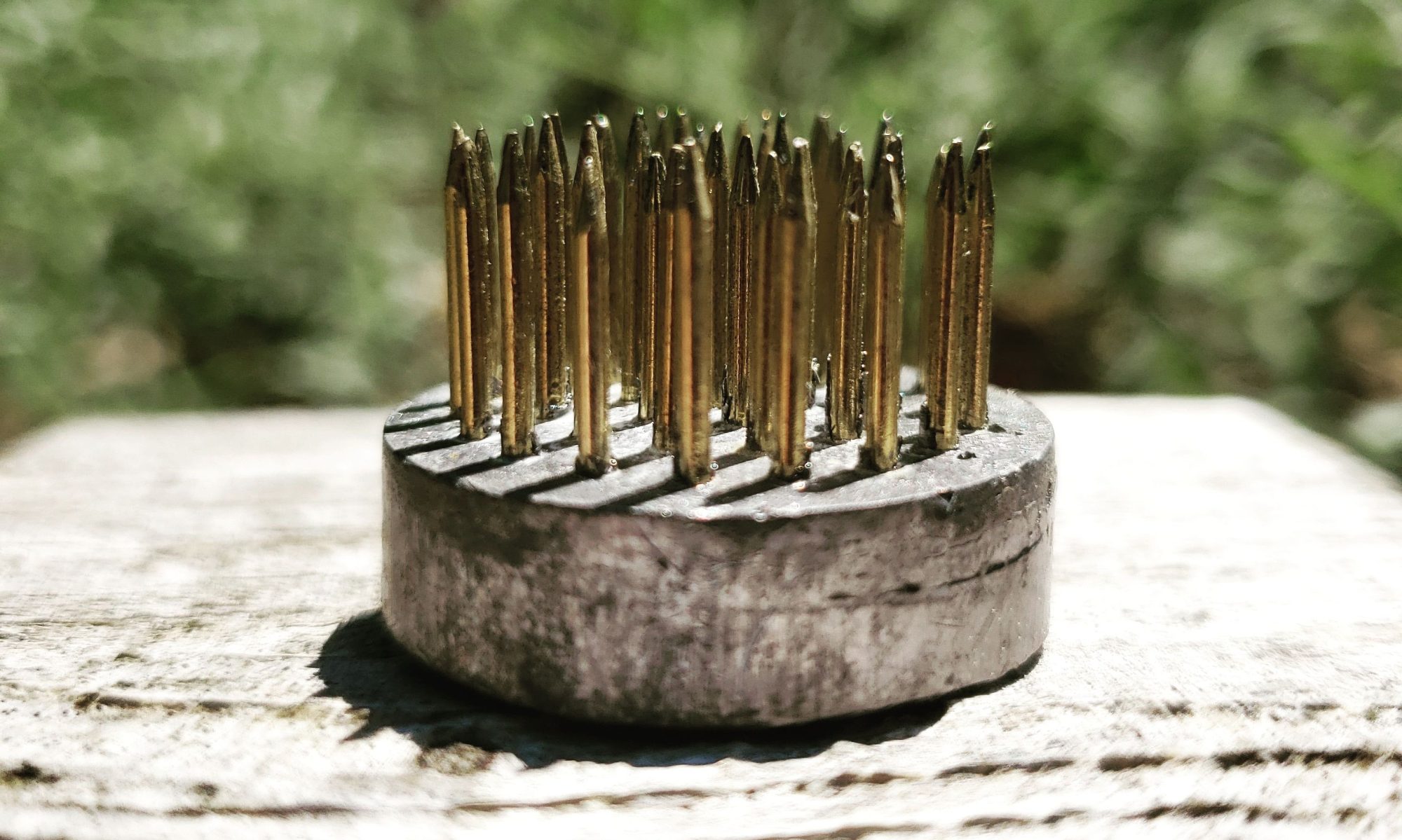My explorations of voice and point of view have led me to the creation and publication of Mouthbrooders which is now available through Homebound Publications and where ever books are sold.
During six months of vocal cord paralysis, author and professor Amy Nawrocki turned to the written word and fell in love with language again. The result of this exploration is her stunning collection Mouthbrooders, full of the sounds and their echoes—ravens screeching, eggs cracking, and acorns falling. Faucets drip, pens brood, souvenirs slip through fingers. As Nawrocki struggles to find her own voice again, she midwives the voices of catastrophe, of memory, and of the small miracles of everyday life.
back-cover copy
A few years back, I ran a workshop at the Miller Memorial Library in Hamden, CT, where we discussed our connections (personal and literary) to Alice’s Adventures in Wonderland. Carroll’s book never really grabbed me as a young reader, and after reflecting as an adult, my associations were more negative than positive. This isn’t really surprising, since at their roots, the imagery and adventures in the children’s tale are scary and uncomfortable.
On the other hand, rereading the text, I began to notice the language and the way that Alice (and Carroll) described the processes of transformation. In particular, at the bottom of the rabbit hole, she encounters the “small passage” and “[longs] to get out of that dark hall and wander those beds of bright flowers.” As she laments, she wishes that she could “shut up like a telescope.” The phrase struck me as peculiar, both visual and metaphorical. I couldn’t get the phrase out of my head, and so eventually wrote “Shutting Up Like a Telescope” to probe my own ideas about fitting into spaces.
Here is a different exploration of my reflections on Alice and her adventures. I wrote this exploratory memoir following the workshop:
Finding My Inner Alice
I come to Alice from a tree branch, from a separate limb. Maybe I’m the Cheshire Cat, watching myself watch her. I have no immediately accessible memory of time or place. No matter. I see from my pocket watch that I’ve arrived too late. She’s already gone down, and only by looking back—or looking through—or catching my reflection in my own looking glass—does she manifest.
My mother read to us often, and I recall, impressionistically, other books: their muted green covers, gold edged pages and pen-and-ink drawings. This is how I can render Toad and Rat and Badger in my mind from Wind in the Willows. I can still touch those pages.
Though I can’t pinpoint how I came to know her, it’s not hard to picture Alice, her blue dress and white pinafore painted like so many others in the Technicolor of Disney. But whether her image is a piece from a specific moment or a combination of moments, I don’t know for sure.

But it seems that my memory of Alice begins on page 8. I imagine that I’ve seen this drawing before, and that the first time I saw it I felt something. The image of long-necked Alice, stretched like silly putty and uncomfortably large, frightens me even now. It conjures in my mind a sense memory, something tactile, as if I can feel the vertebrae in my own neck separate. But unlike the thrill of seeing each inch of your life penciled on a hallway wall as you grow and age, I see Alice’s elastic neck as strangulation, instead of release. The key I need is out of reach.
Instead of watching my feet disappear underneath me, I watch a body in torment, and just for good measure the Queen of Hearts has come along to say with all the echo of childhood discomfort: “Off with her head!” The rabbit hole is dark, and the looking glass reflects a fat little girl who can’t stand to be seen.
Alice’s neck is most vivid because it speaks to my nine-year-old self and the torture that my own body inflicted on me. Betrayed by the little cakes and drinks of “cherry-tart, custard, pineapple, roast turkey, toffee and hot buttered toast;” betrayed by birthdays and elongating limbs, adolescence simply became “curiouser and curiouser,” and I became sadder and sadder. Even now, Alice’s long neck frightens me out of my skin.
Purchase your copy of Mouthbrooders and check me out on Soundcloud.
